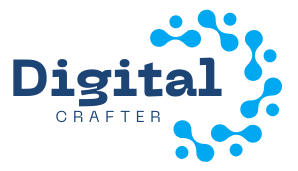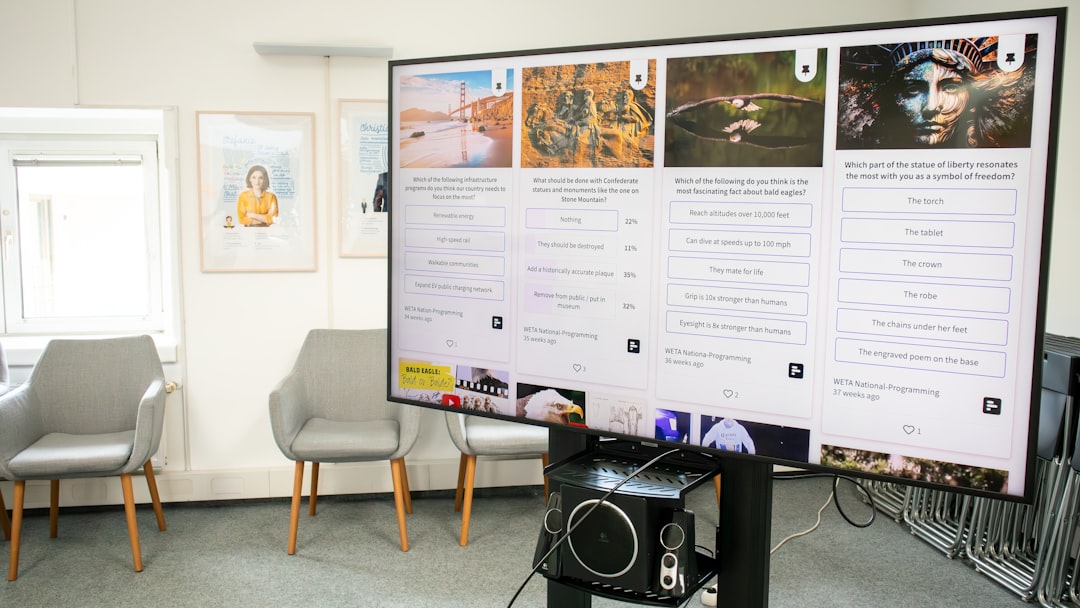In the modern digital age, maintaining a dynamic and engaging website requires fresh and relevant content on a regular basis. However, constantly creating original content can be time-consuming and expensive. That’s where artificial intelligence (AI) steps in to revolutionize the landscape of website content creation by automating a large part of this process.
AI-generated content offers businesses a cost-effective and efficient way to publish articles, product descriptions, blog posts, and more. As natural language processing (NLP) and machine learning models become more sophisticated, the quality of AI-written content continues to improve―sometimes to a level where it’s hard to distinguish from human-written text.
The Rise of Automated Content Creation
AI content generation has grown rapidly thanks to tools like GPT-based models, which can understand context, tone, grammar, and even humor. These tools can now generate long-form content, assist with SEO optimization, and ensure content is more aligned with readers’ expectations.
There are many ways AI is being adopted in the content creation process, including:
- Generating blog posts and articles on a wide range of topics
- Optimizing existing content by improving flow and keyword density
- Creating personalized content based on user behavior and demographics
- Automating summaries of long-form content or reports
- Auto-filling metadata like titles, descriptions, and tags
By automating these repetitive tasks, content teams can focus on strategy, branding, and high-level editing instead of spending hours on drafting and formatting.

Advantages of AI in Website Content Strategy
The benefits of using AI for content generation go beyond simple time-saving. Here are some compelling advantages to consider:
- Speed and Efficiency: AI tools can produce articles in minutes, significantly reducing the time from idea to publication.
- Cost Reduction: Companies can reduce the cost associated with hiring full-time writers or freelancers for every piece of content.
- Consistency: Automated tools follow style guides and formatting rules meticulously, ensuring consistent brand voice throughout the site.
- SEO Optimization: Many AI tools are trained to include high-ranking keywords, making the content more visible to search engines.
- Scalability: Whether it’s ten articles a week or a hundred, AI can scale content production instantly.
Businesses aiming to grow their digital presence can benefit immensely from these features, especially when competing in fast-paced industries.
Challenges and Considerations
Despite its advantages, AI content generation has its limitations. It’s essential to understand these factors to make the most out of this technology:
- Quality Control: AI might generate factual inaccuracies or redundant content if not supervised properly.
- Creativity Gaps: While AI can mimic tone and style, it still struggles with deep creativity, emotional nuance, and unique perspectives.
- Originality Concerns: There is always a risk of producing content that’s too similar to existing material, which could affect SEO rankings.
- Human Touch: Content that connects deeply with audiences often requires a human element—something AI is still learning to replicate.
That’s why the best approach often involves a blend of AI and human editors. AI does the heavy lifting by producing a strong first draft, while human professionals refine the tone, verify information, and infuse creativity.

Best Practices for Implementing AI Content Tools
If you’re considering integrating AI into your content strategy, here are a few recommendations to get started:
- Choose the Right Tool: Research AI platforms best suited for your type of content—blogs, eCommerce descriptions, newsletters, etc.
- Set Clear Guidelines: Provide context and brand guidelines to train your AI or customize its output.
- Involve Editors: Still involve human editors to fine-tune the content before publishing, ensuring quality and originality.
- Keep It Ethical: Always disclose when content is AI-generated and avoid misleading users.
- Monitor Performance: Use analytics to measure how AI-generated content performs compared to human-written stories.
These strategies can help you harness the benefits of AI without compromising on quality or authenticity.
Shaping the Future of Content
AI is not here to replace human creativity but to enhance it. By automating routine content creation tasks, businesses can free up time to focus on storytelling, user engagement, and strategic marketing. The fusion of AI efficiency with human intuition is set to define the next era of digital content.
In conclusion, by embracing AI in your web content strategy, you’re opening doors to faster, smarter, and more scalable digital growth—while still keeping the human spirit at the core of your message.

